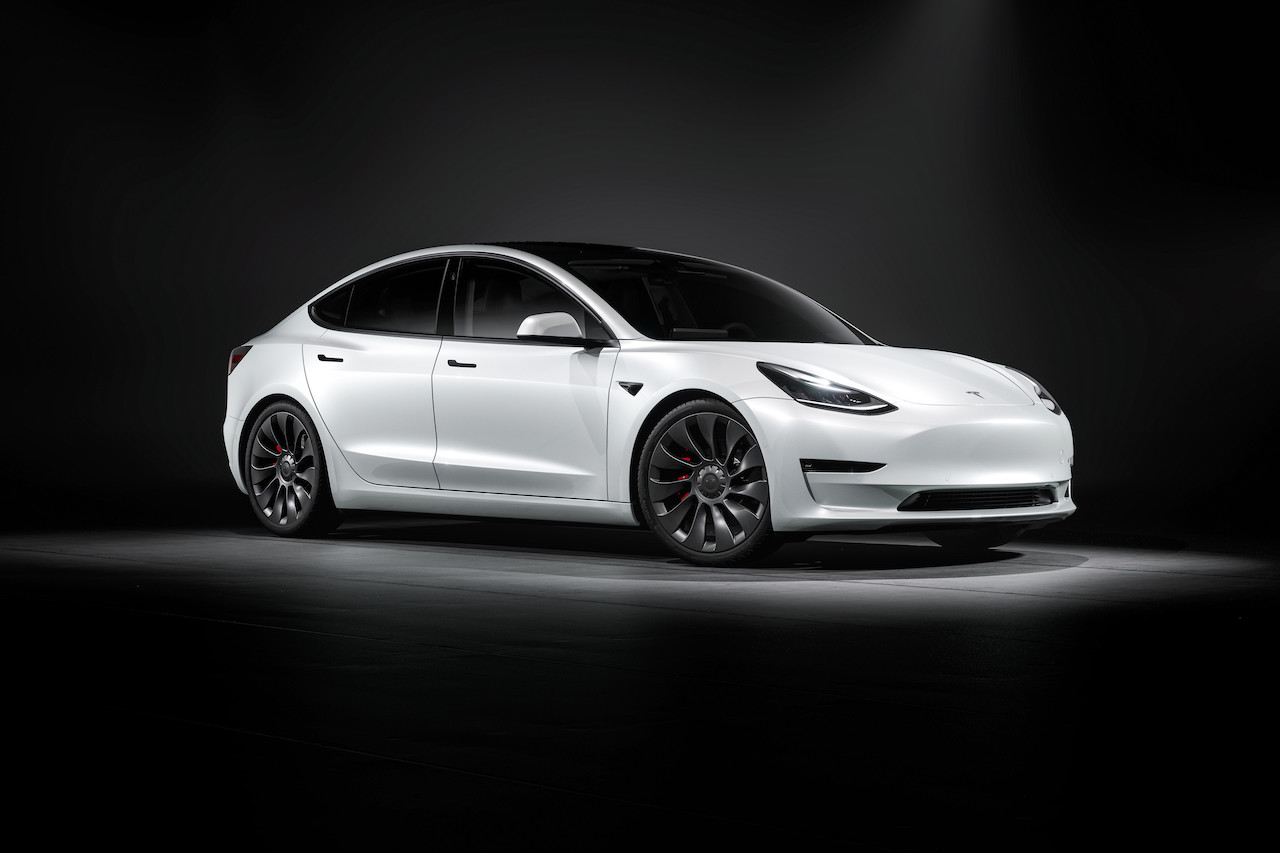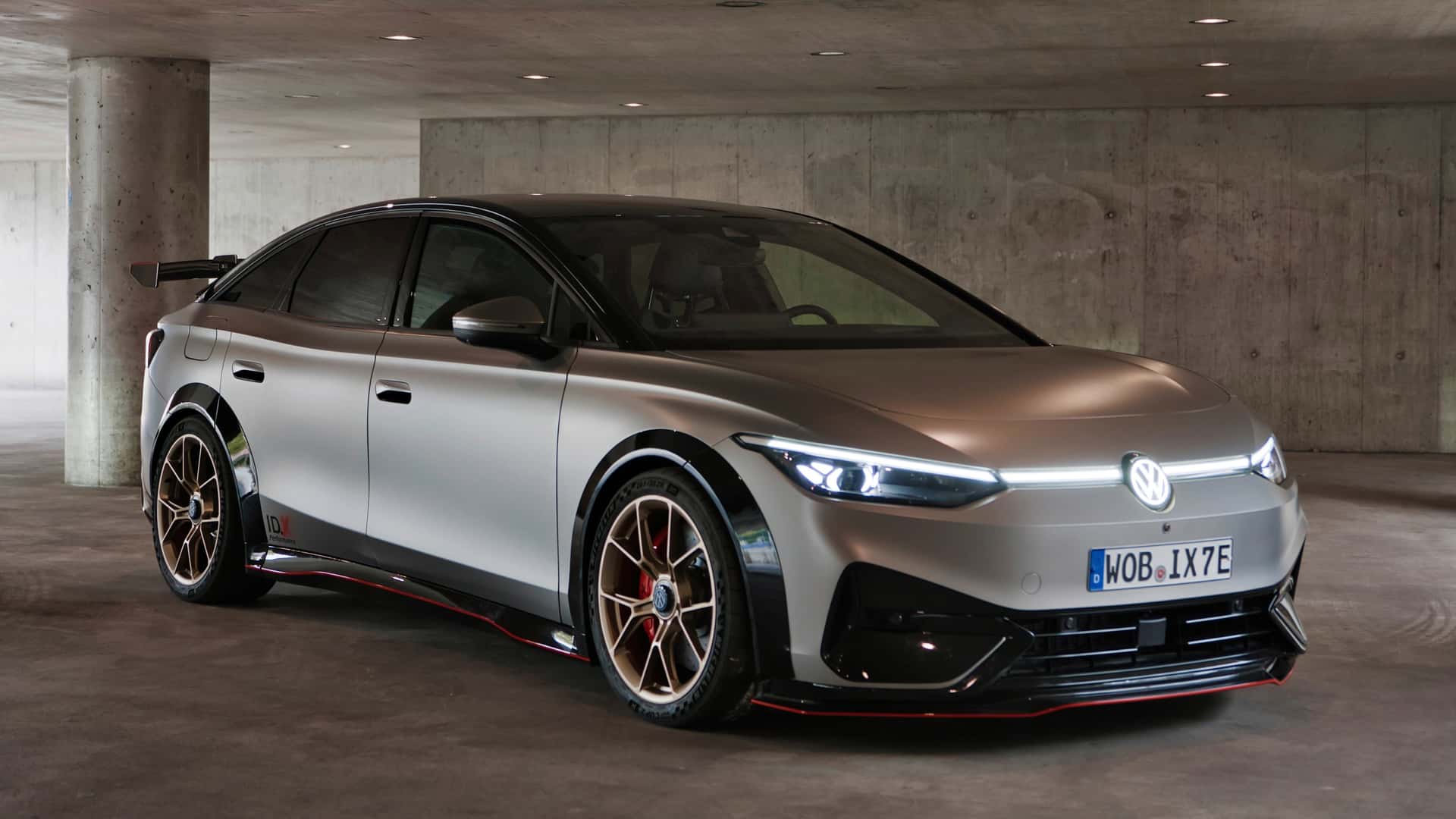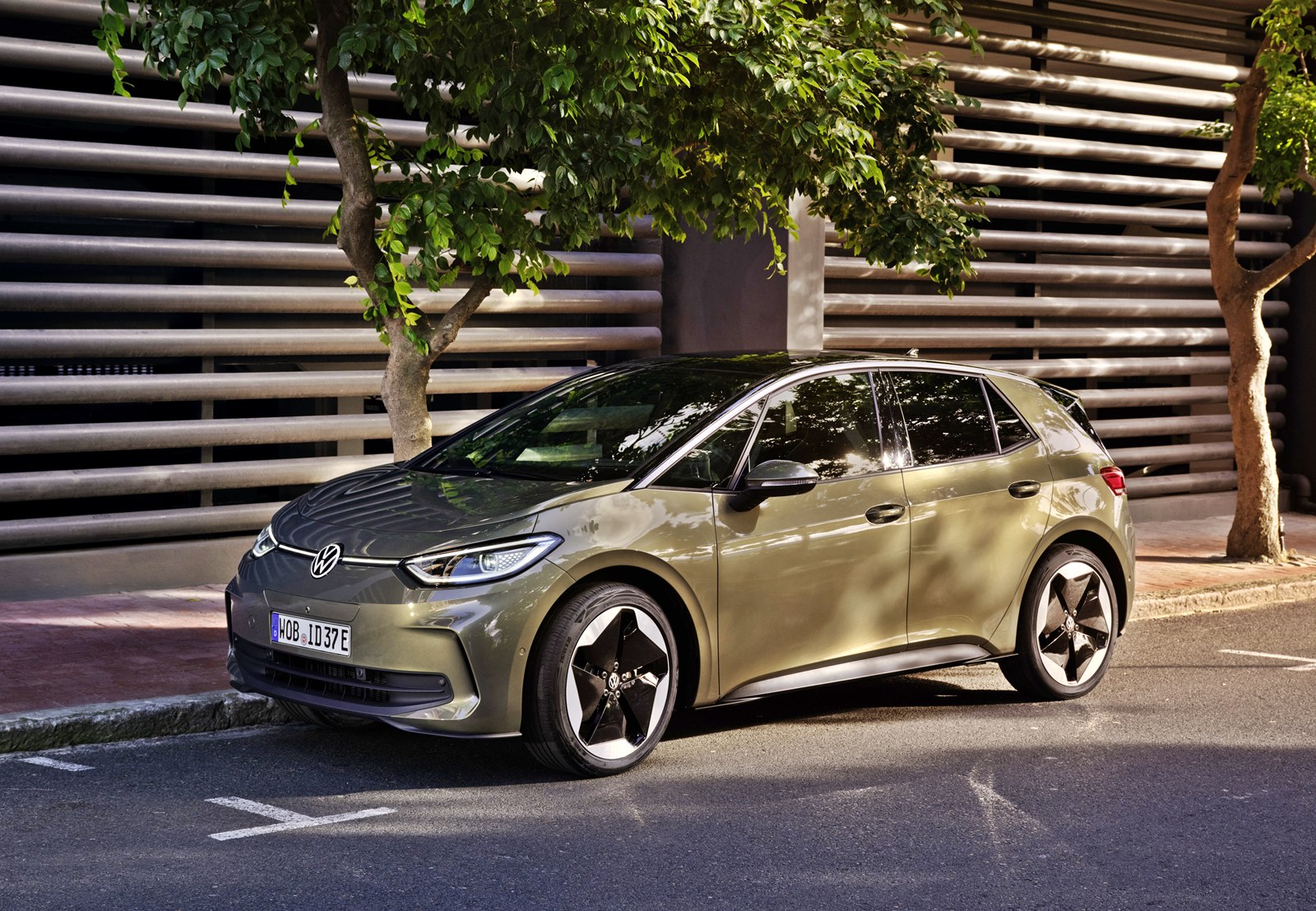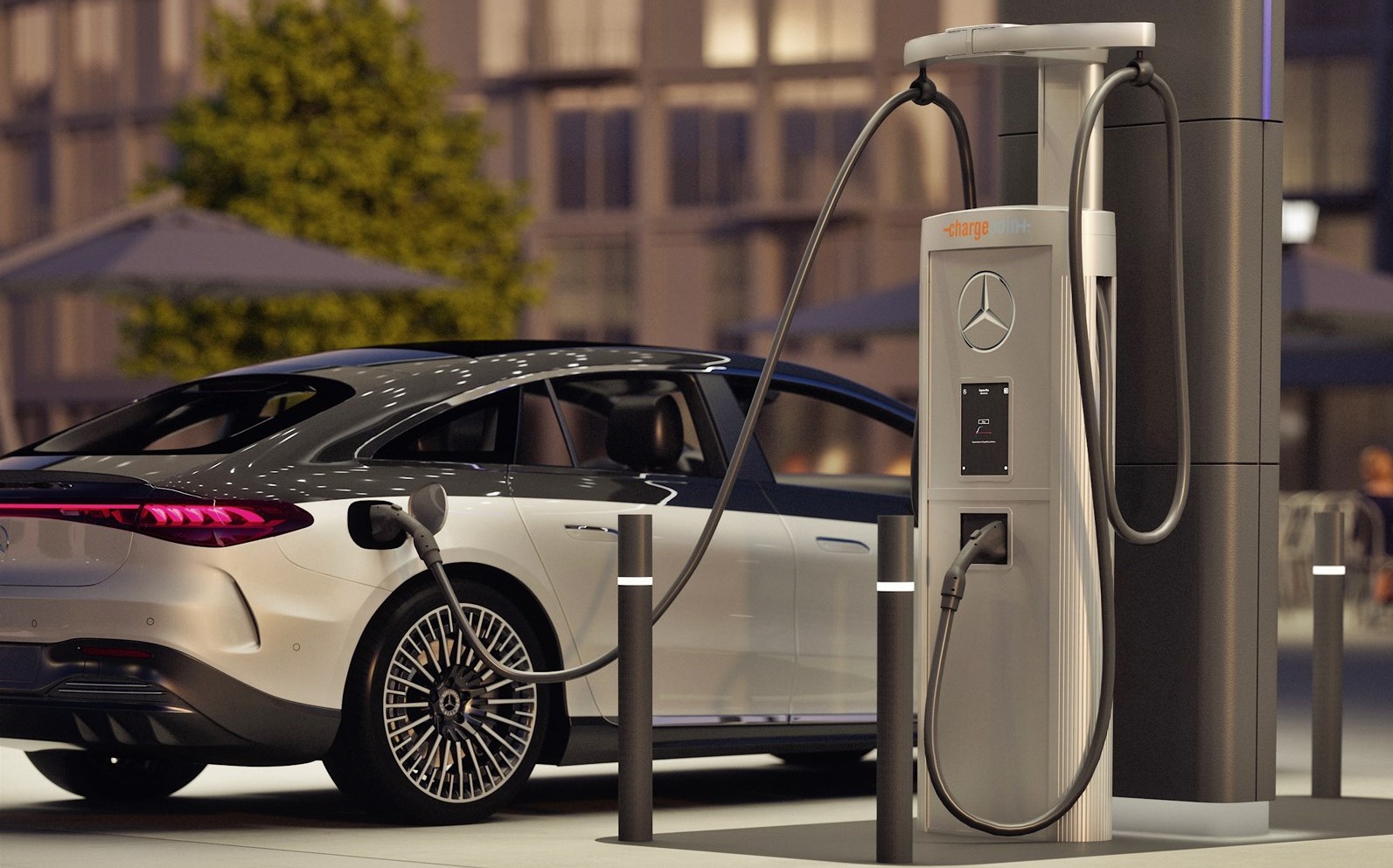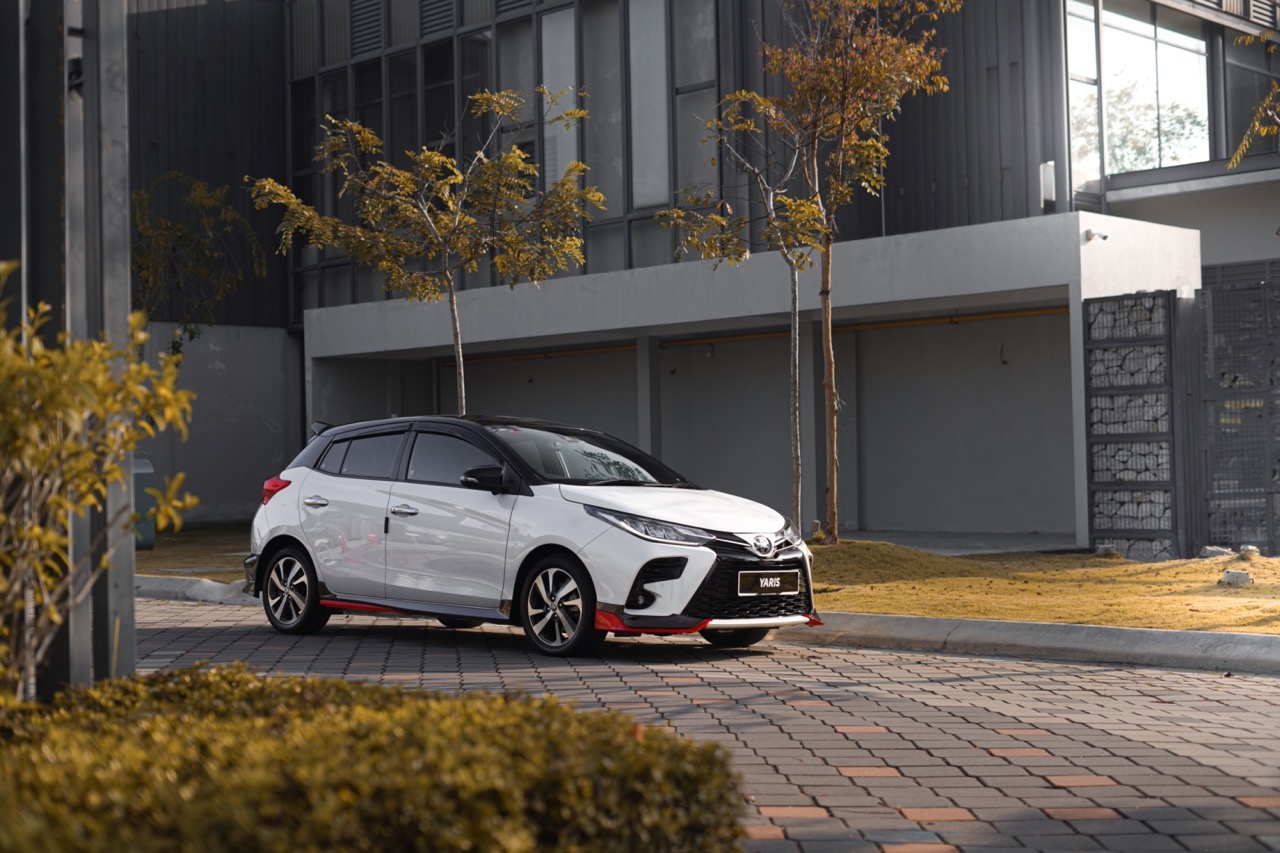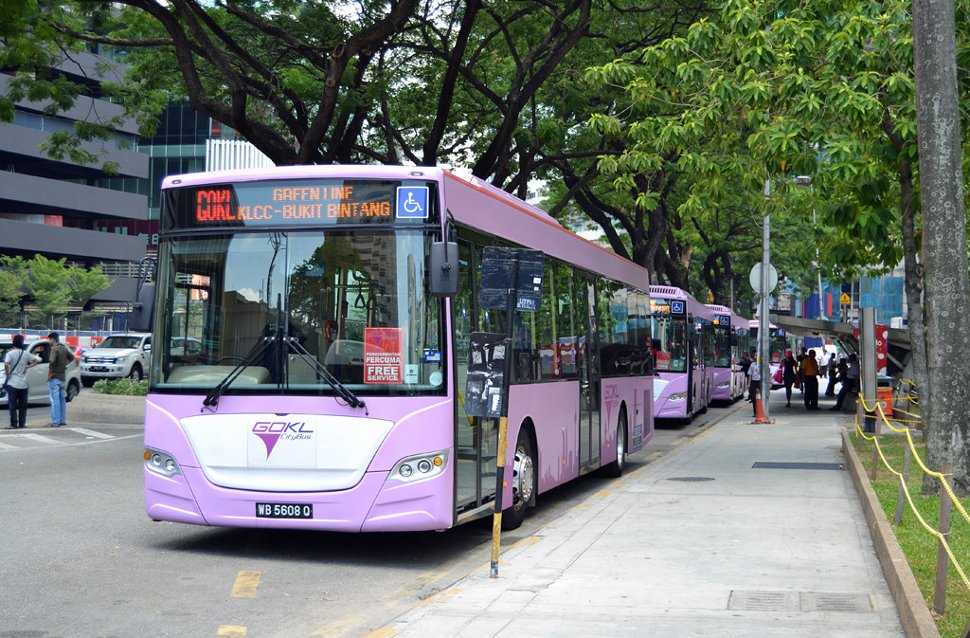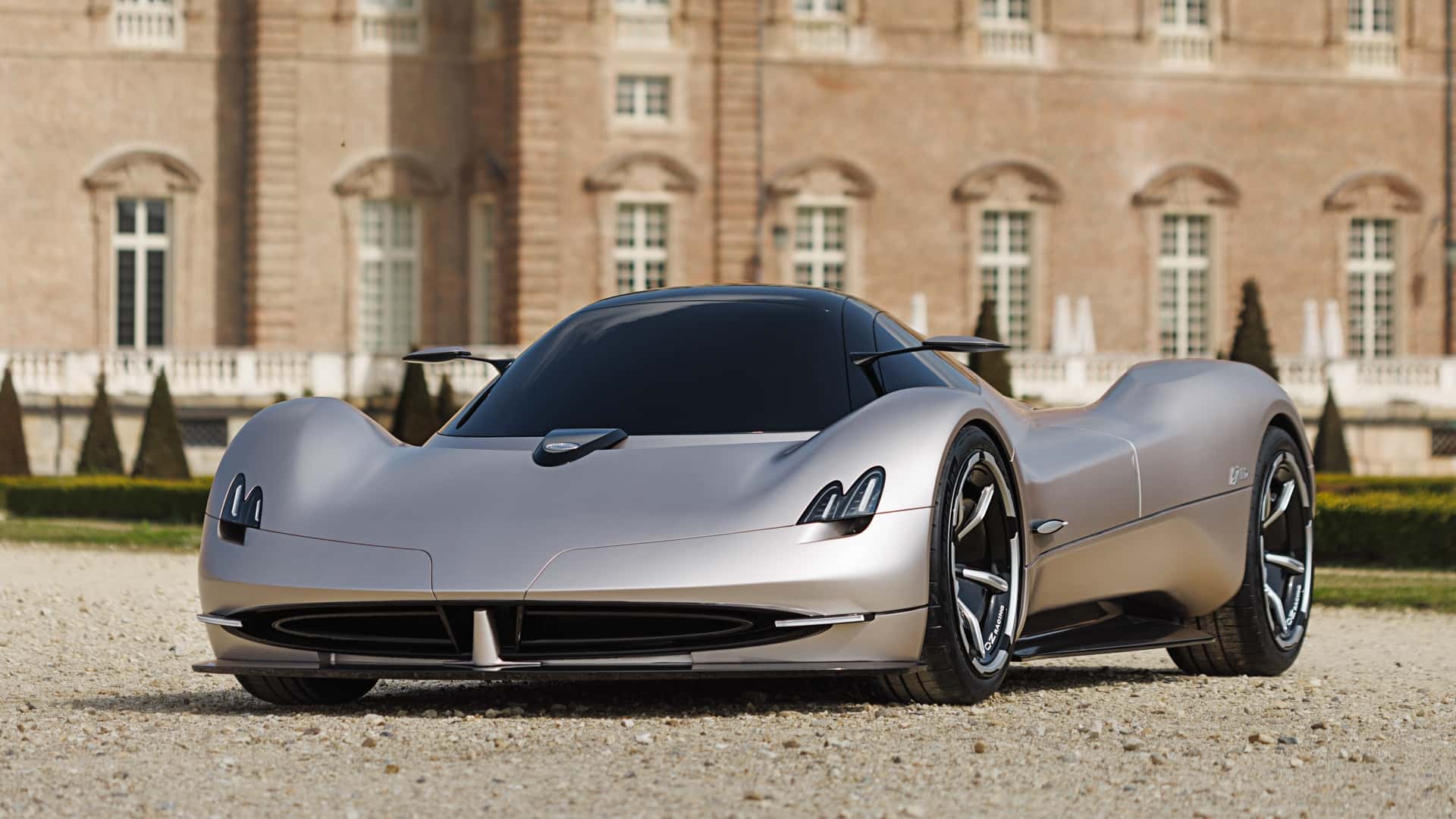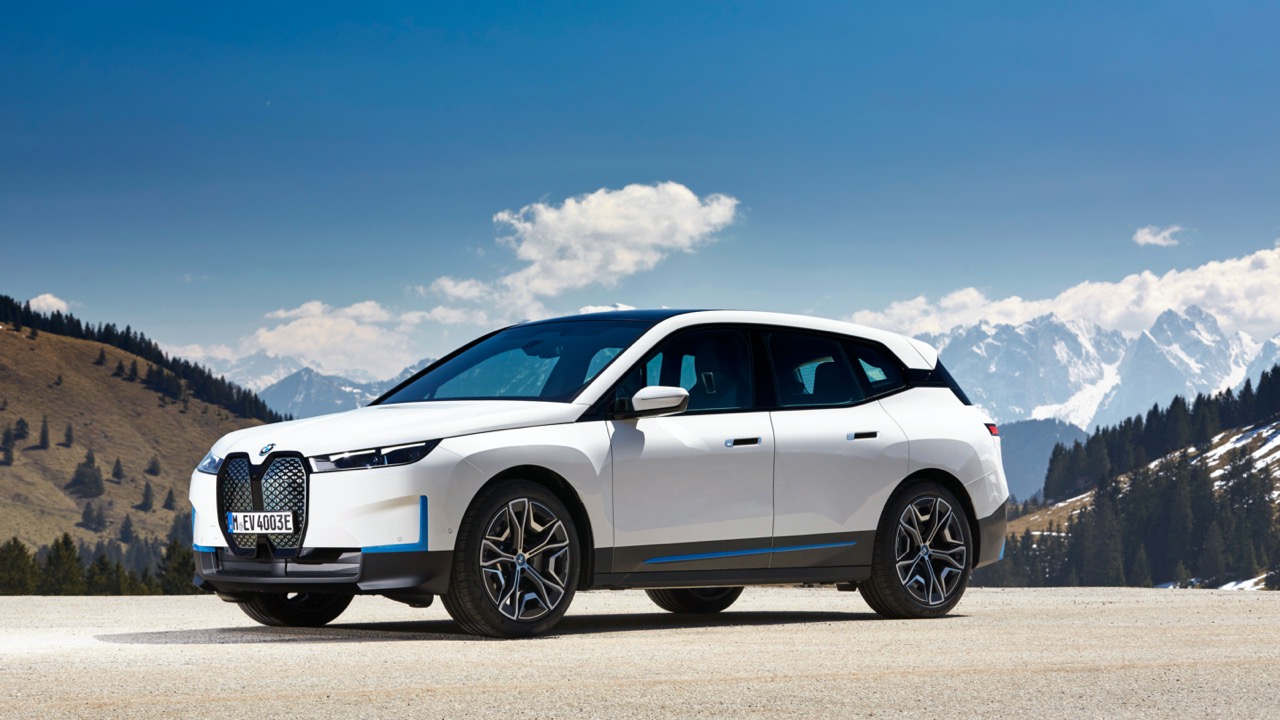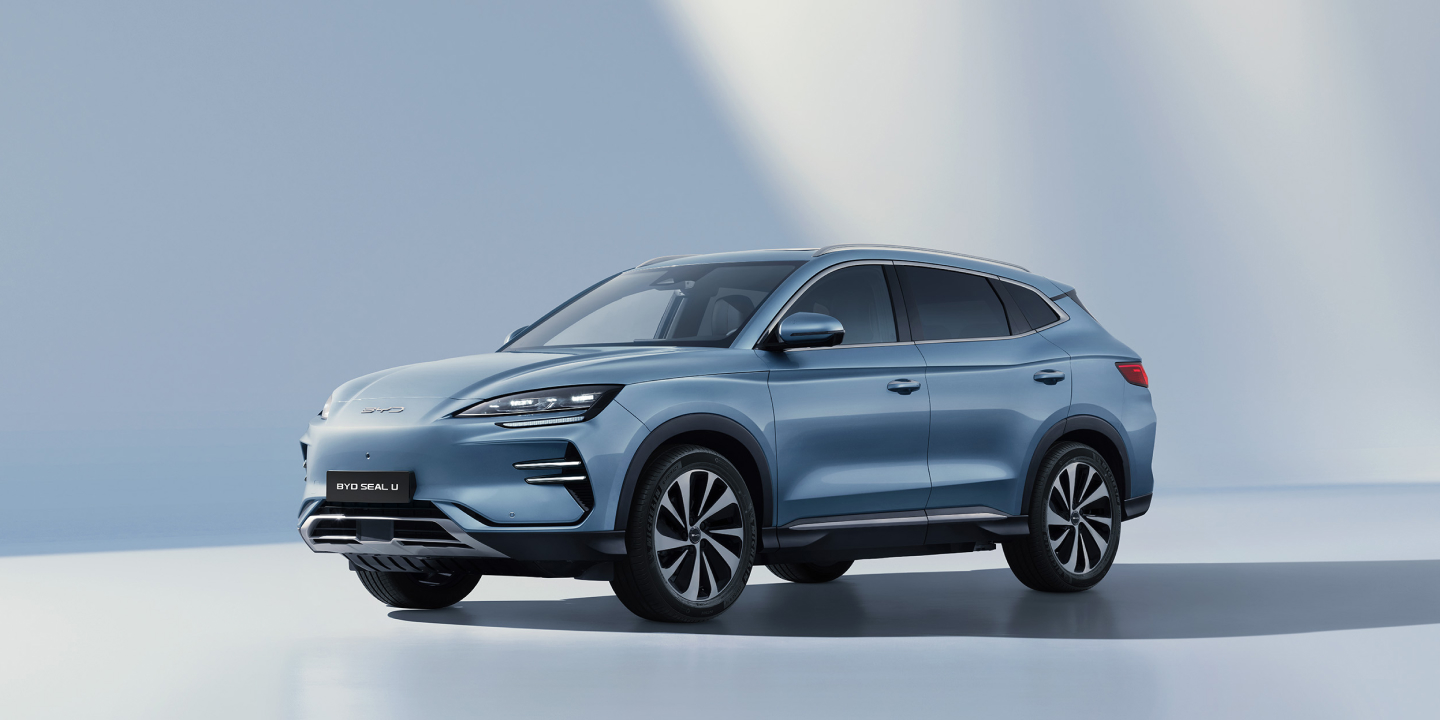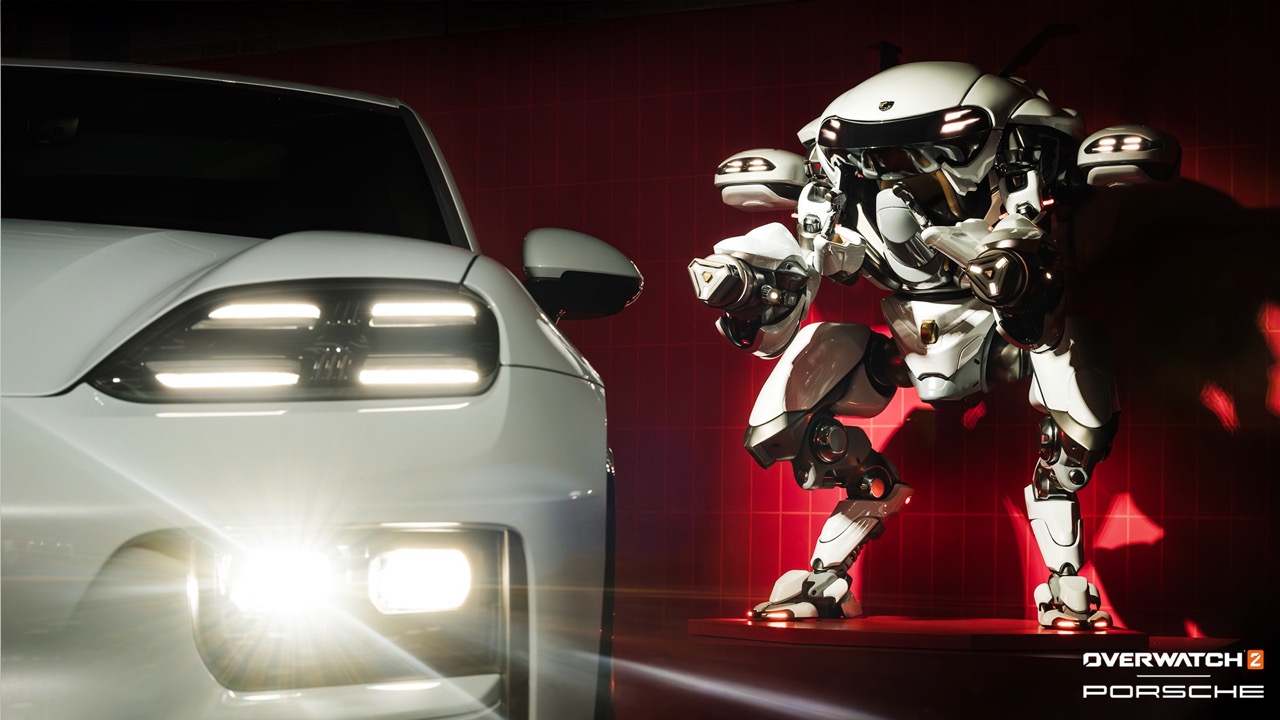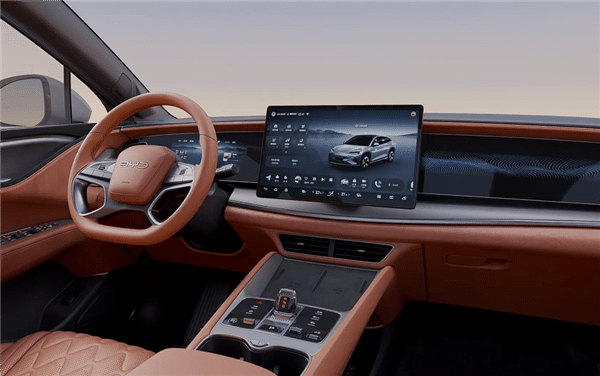The ongoing shift towards electric vehicles (EVs) is encountering an unexpected obstacle – a reluctance among buyers to invest in used electric cars. This trend is not only impacting the thriving secondhand market, with prices dropping faster than their combustion-engine counterparts, but it is also sending shockwaves through the new EV market, affecting industry giants like Tesla, Volkswagen, and Stellantis.
Market Dynamics and Pricing Wars
According to a report in Japan Times by Monica Raymunt, in the $1.2 trillion secondhand market, the value of battery-powered cars is plummeting due to factors such as a lack of subsidies, consumer anticipation for improved technology, and ongoing challenges in charging infrastructure. A fierce pricing battle initiated by Tesla and competition from Chinese models is further contributing to the depreciation of both new and used EVs.
This underscores the delicate balance automakers face in pricing their EVs competitively while ensuring sustainable profits. The current scenario may necessitate a reevaluation of pricing strategies to ensure long-term market viability.
Leasing Impact and Borrowing Costs
As many new vehicles in Europe are leased, falling valuations are leading to increased borrowing costs for automakers and dealers. This, in turn, is hampering demand in markets that were once at the forefront of the shift away from fossil fuel-powered vehicles. The consequences are evident, with major buyers like rental firms reducing EV adoption due to financial losses on resales.
The knock-on effect of these financial challenges is a potential slowdown in the adoption of EVs, hindering broader efforts to decarbonise transportation.
Implications for Industry Earnings and Environmental Goals
The situation becomes even more critical as the 1.2 million EVs sold in Europe in 2021 reach the end of their three-year leasing contracts and enter the secondhand market. Industry players face a significant challenge in mitigating losses and maintaining consumer confidence, crucial for achieving ambitious decarbonisation targets set by the European Union.
As the automotive landscape navigates this new terrain, manufacturers must balance profitability with environmental goals, emphasising the need for innovative solutions to salvage the secondhand EV market.
Uncertainty and Transition to Usership
The uncertainty surrounding EV technology, including advancements and new battery technologies, is compelling more customers to opt for leasing rather than outright purchases. Fleet management companies like Ayvens predict an acceleration in the shift from car ownership to usership, where individuals prefer driving a vehicle for a fee instead.
This shift towards usership, influenced by the perceived uncertainty in EV technology, calls for strategic adaptations by automakers and industry stakeholders to remain competitive and meet evolving consumer preferences.
In conclusion, the reluctance of buyers to embrace used EVs poses a significant challenge to the electric vehicle market. Addressing these issues requires a multifaceted approach, including enhanced consumer education, strategic pricing structures, and accelerated technological advancements to instill confidence in both the secondhand and new EV markets. The industry’s ability to navigate these challenges will shape the trajectory of electric mobility in the years to come.


